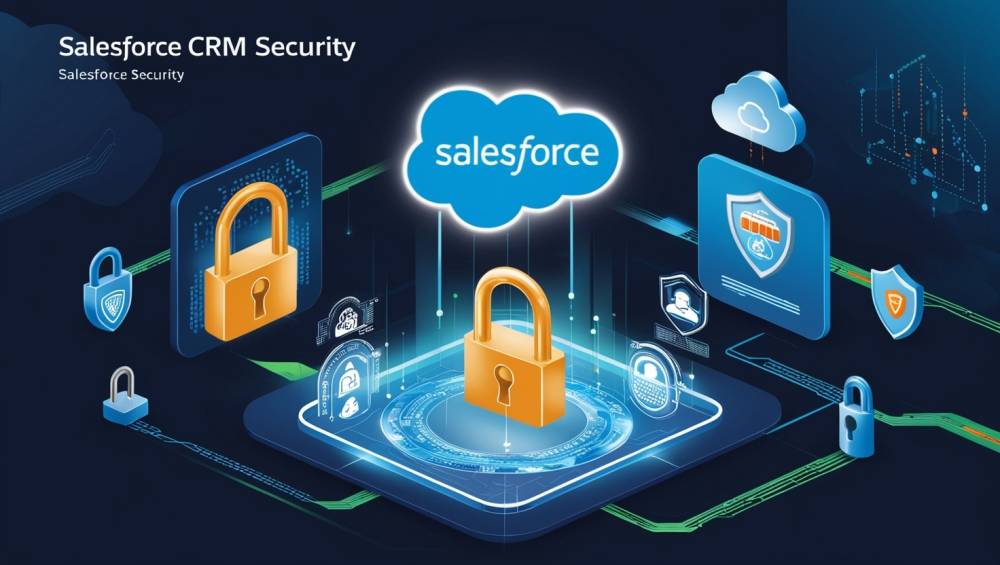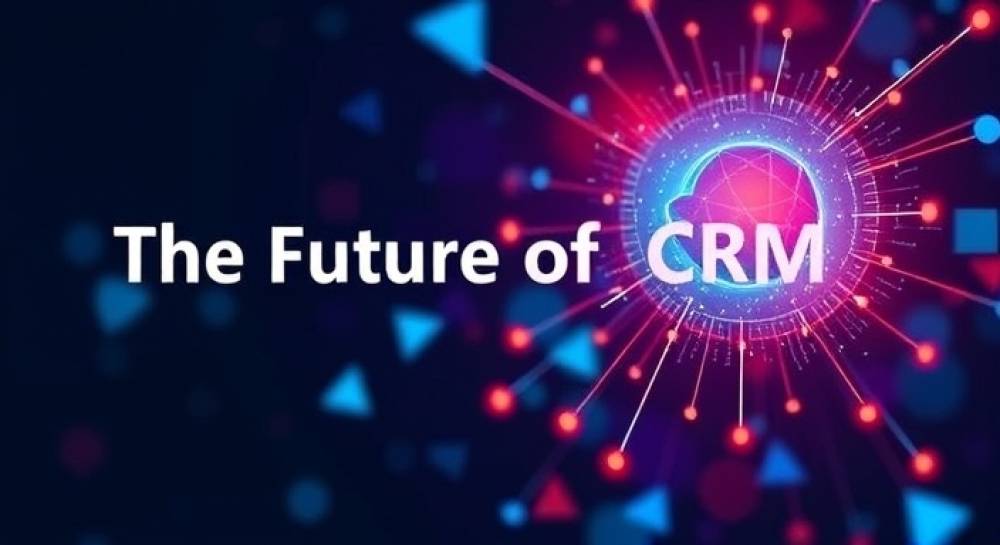
GraphQL in Salesforce
GraphQL is gaining traction in Salesforce as a more efficient and flexible way to query data compared to traditional methods like Apex. Let's explore how GraphQL compares to Apex, especially in terms of query limits, complexity, and the need to write classes and tests.
What is GraphQL?
GraphQL is an API query language that allows clients to specify exactly what data they need in a single request. Instead of multiple REST API calls or writing SOQL in Apex, GraphQL enables efficient data retrieval with a single endpoint, fetching only the fields and relationships required.
Benefits of Using GraphQL Over Apex
Efficient Data Fetching: GraphQL allows you to retrieve only the specific data you need (e.g., Account details and related Opportunities) in one query, reducing both over-fetching and under-fetching of data. In contrast, Apex requires multiple SOQL queries to fetch related objects, which increases the risk of hitting Salesforce’s governor limits—a common issue when working with large datasets or nested queries. GraphQL’s ability to combine data from related objects in a single request minimizes the chance of hitting these limits.
Handling Query Limits: GraphQL reduces the need for multiple API calls, minimizing the risk of hitting Salesforce’s governor limits for SOQL queries. Since a single GraphQL query can pull nested data, it avoids using multiple queries for related objects. In Apex, you must manage SOQL query limits (100 synchronous queries per transaction). Hitting these limits often requires refactoring your code or using batch processes, adding complexity.
Simpler Development: With GraphQL, there’s no need to write server-side logic or custom classes to handle data retrieval. A single GraphQL endpoint can handle all requests, drastically reducing the amount of code you need to maintain. In Apex, writing custom classes for data queries, combined with the need to write test classes (which must cover at least 75% of your code), increases development time. You also need to manage error handling, bulk processing, and governor limits, which adds complexity.
Real-Time Data: GraphQL also supports real-time updates through subscriptions, allowing live data synchronization without additional coding or external systems. While real-time functionality is possible to implement in Apex, it requires additional work with triggers, events, or platform events.
Conclusion
GraphQL in Salesforce offers a simpler and more efficient way to query data, reducing the need to write complex Apex code and manage query limits. With its ability to handle nested queries, avoid governor limits, and reduce the need for test classes, GraphQL allows you to streamline development while making API interactions faster and more flexible.
About the Author
Saad Ul Khaf is a dedicated Salesforce Developer and Consultant, Specializing in Salesforce customization, managed packages, and creating innovative Salesforce solutions, Saad has worked on a variety of projects across industries. With a focus on delivering tailored solutions, he is committed to helping organizations maximize the potential of Salesforce. Connect on LinkedIn to follow Saad's journey and stay updated on the latest projects and insights.






